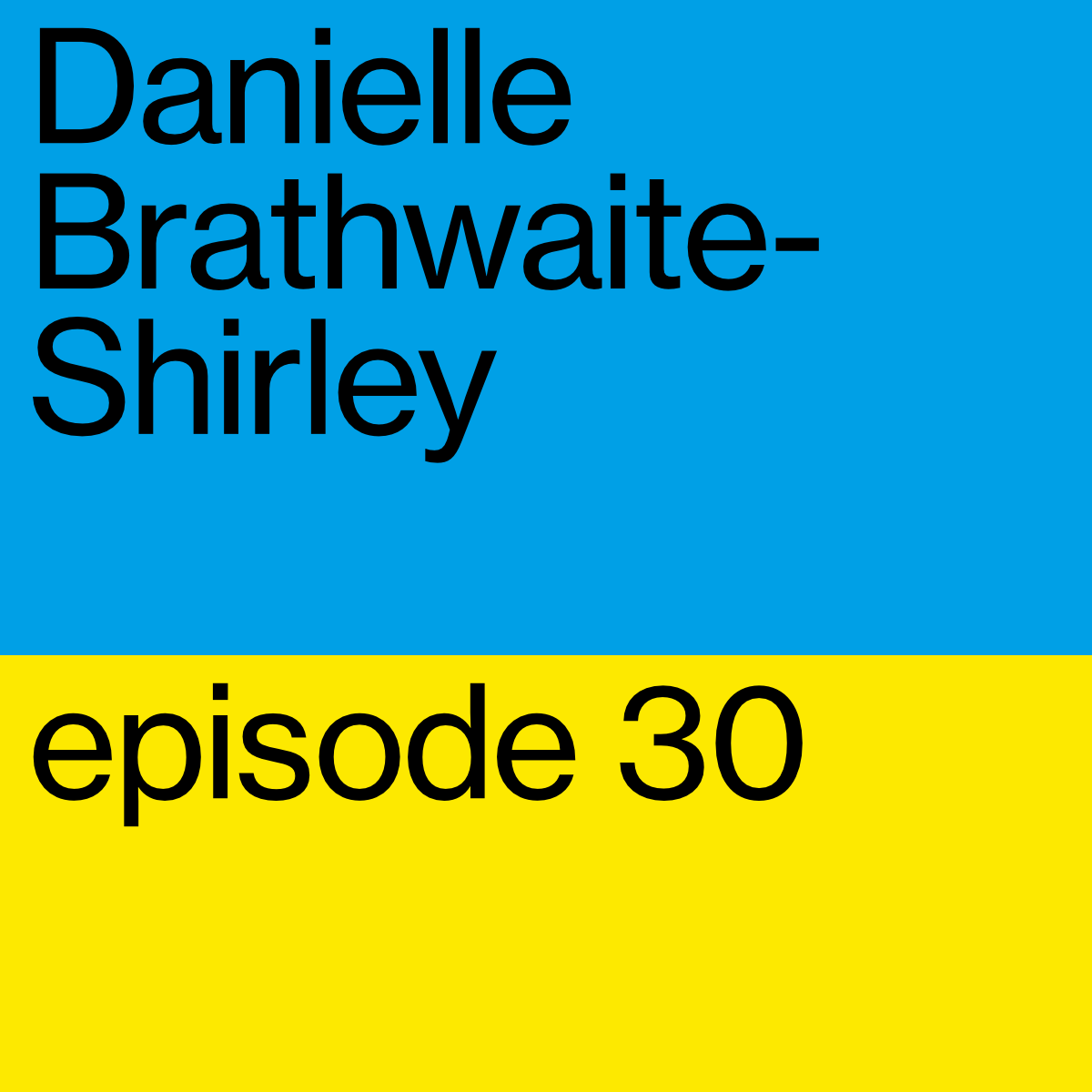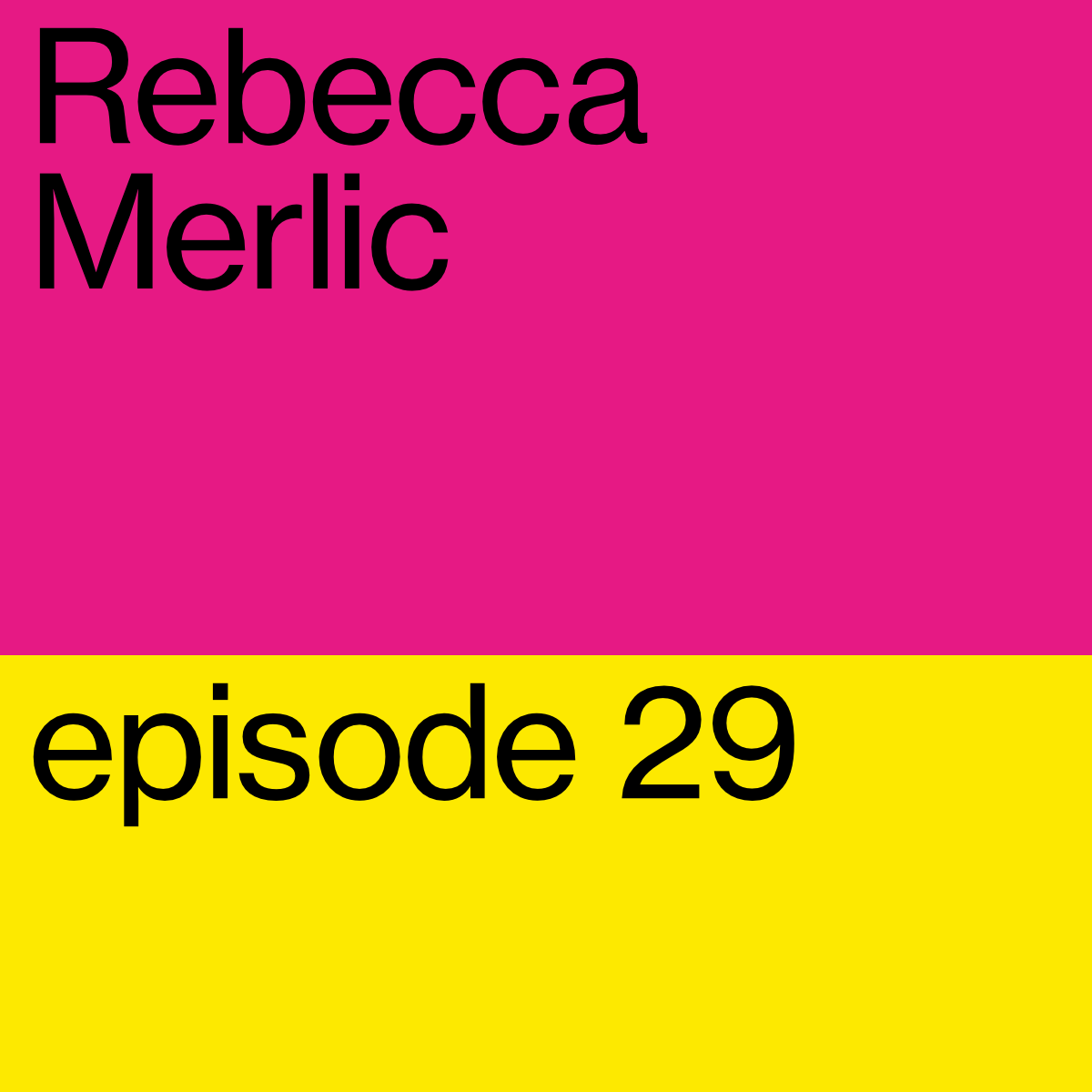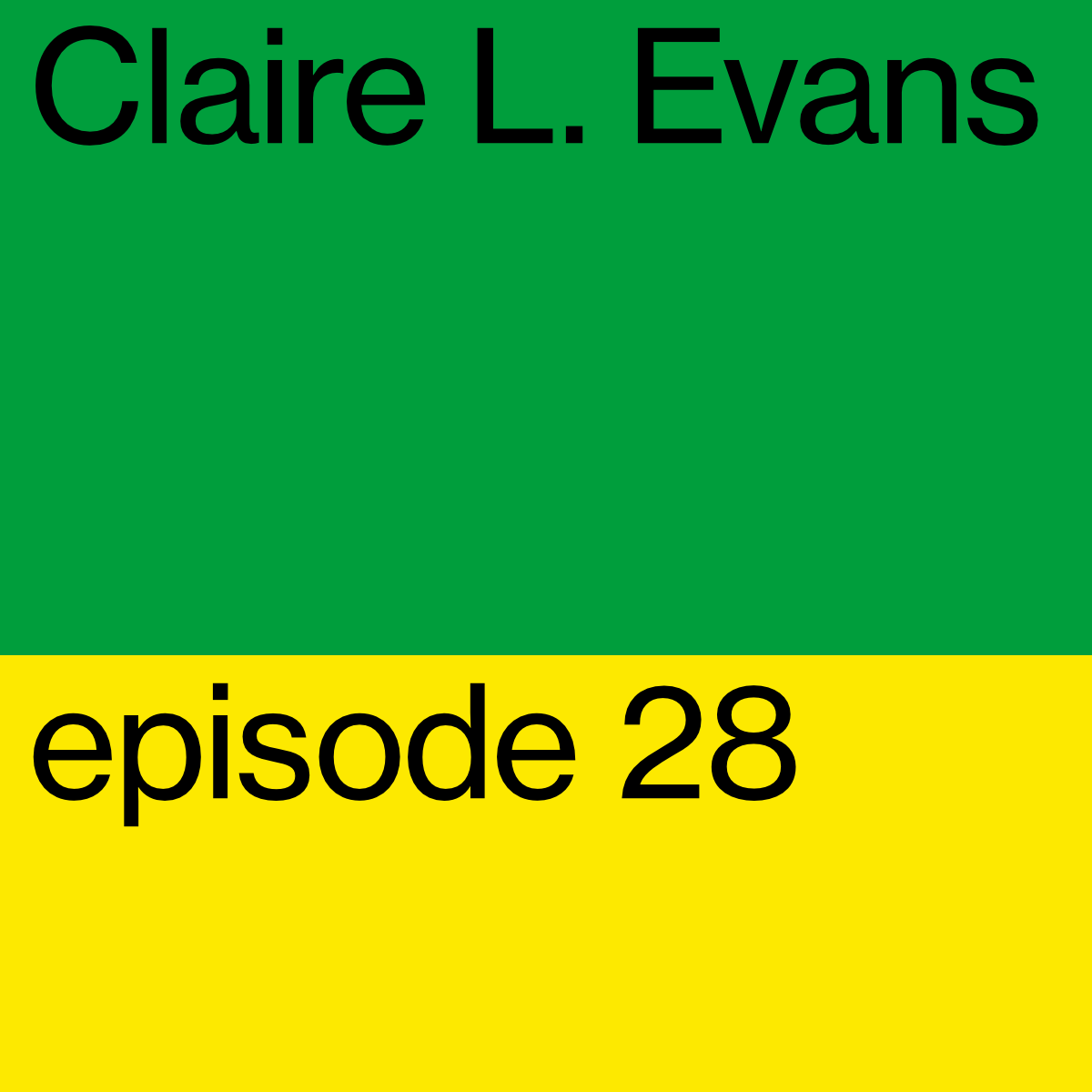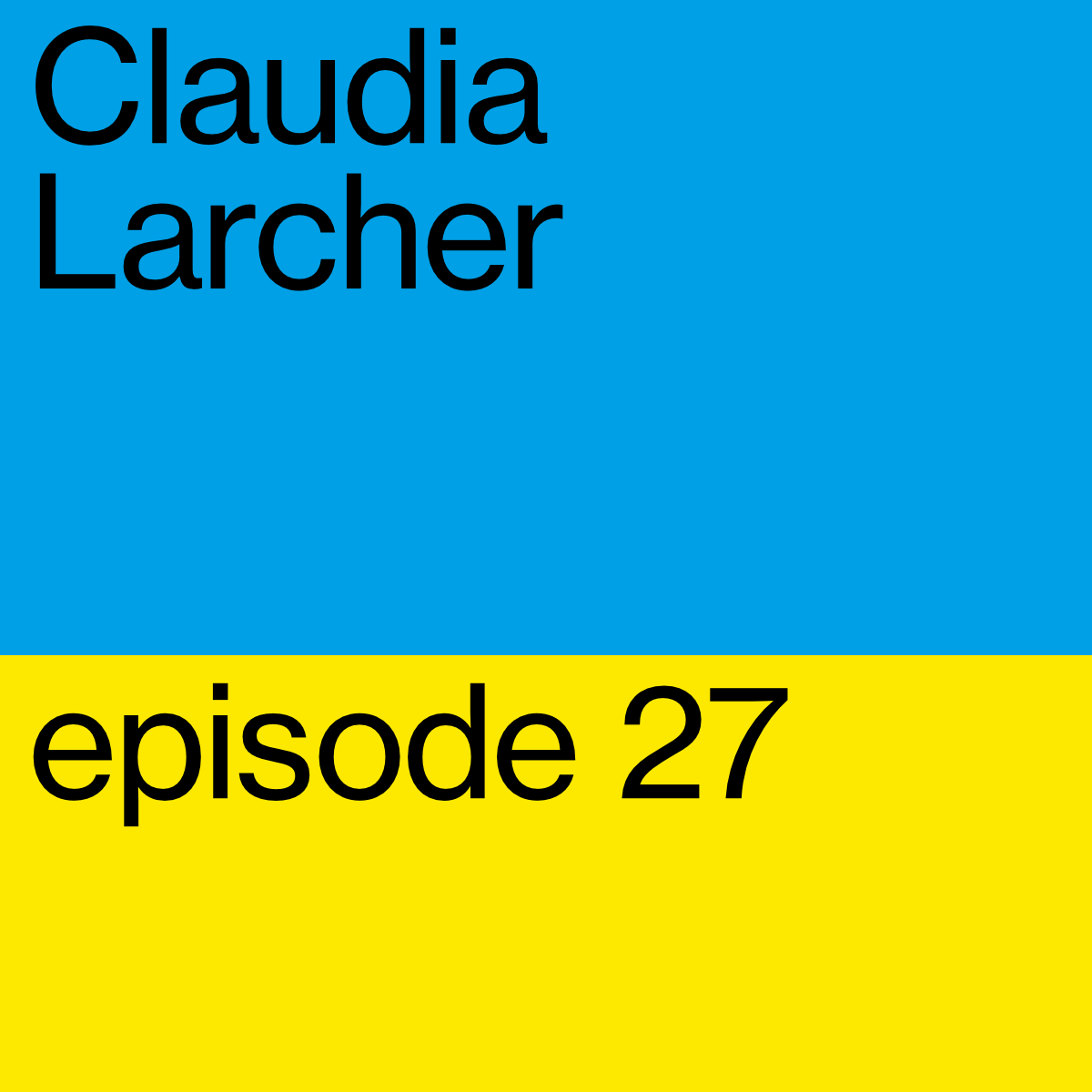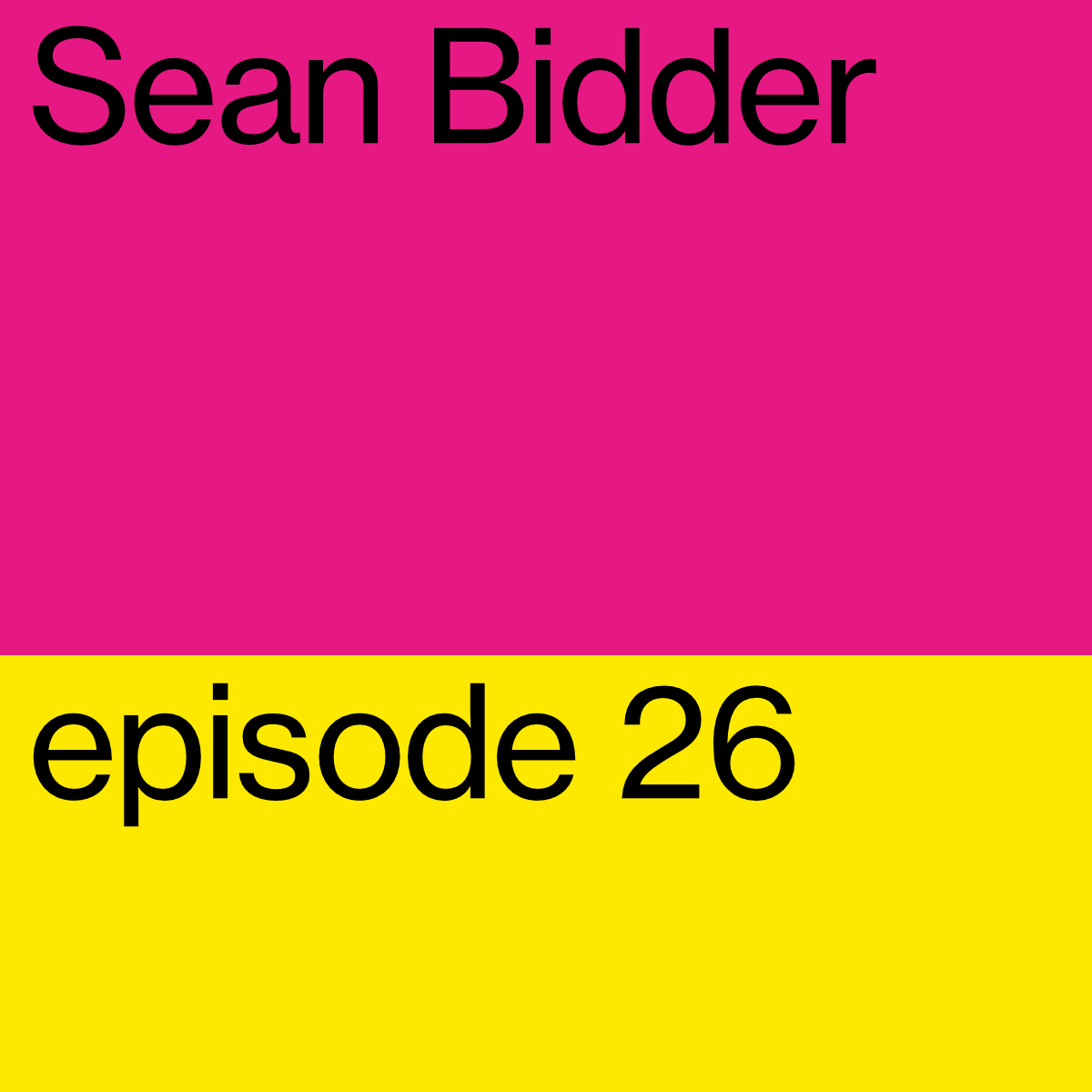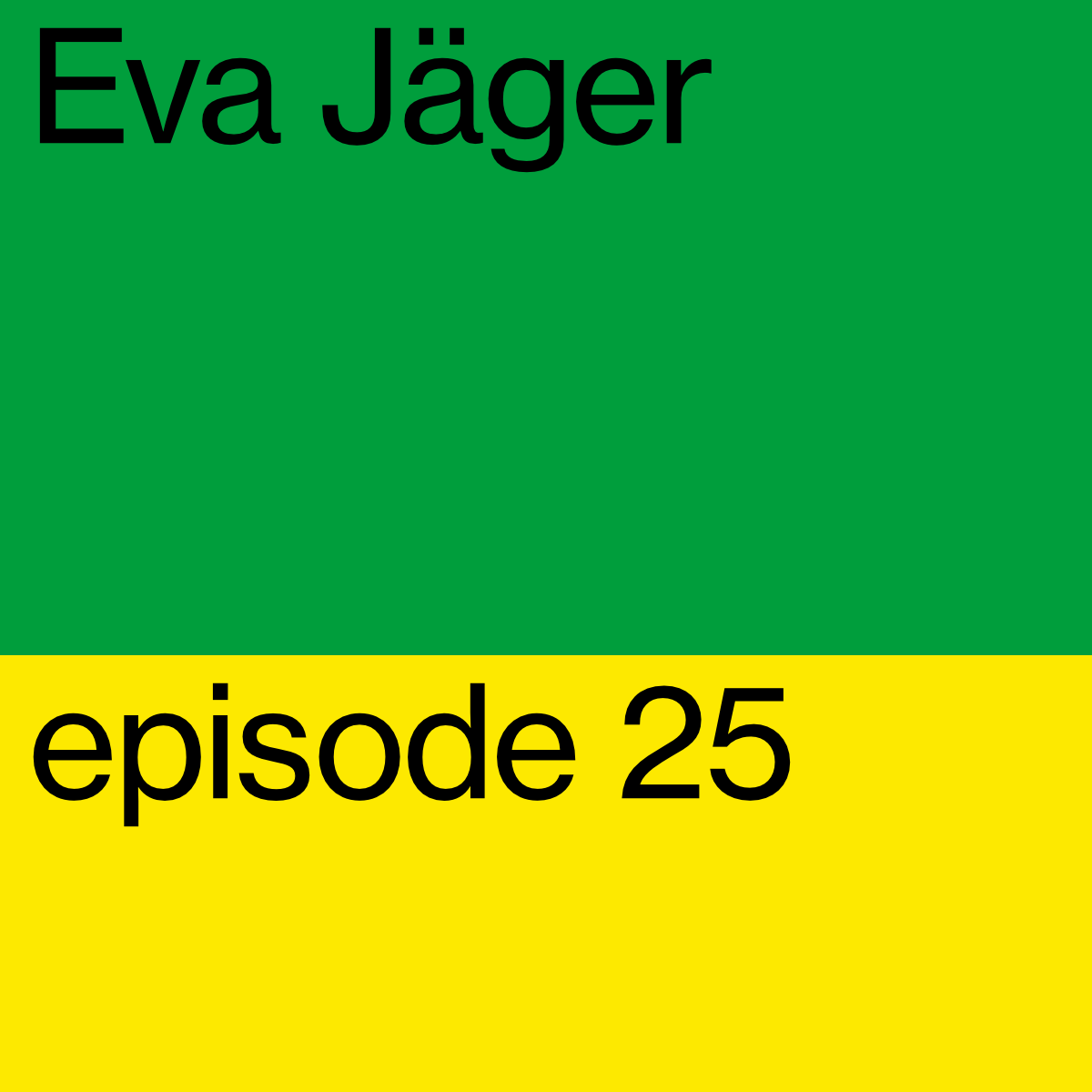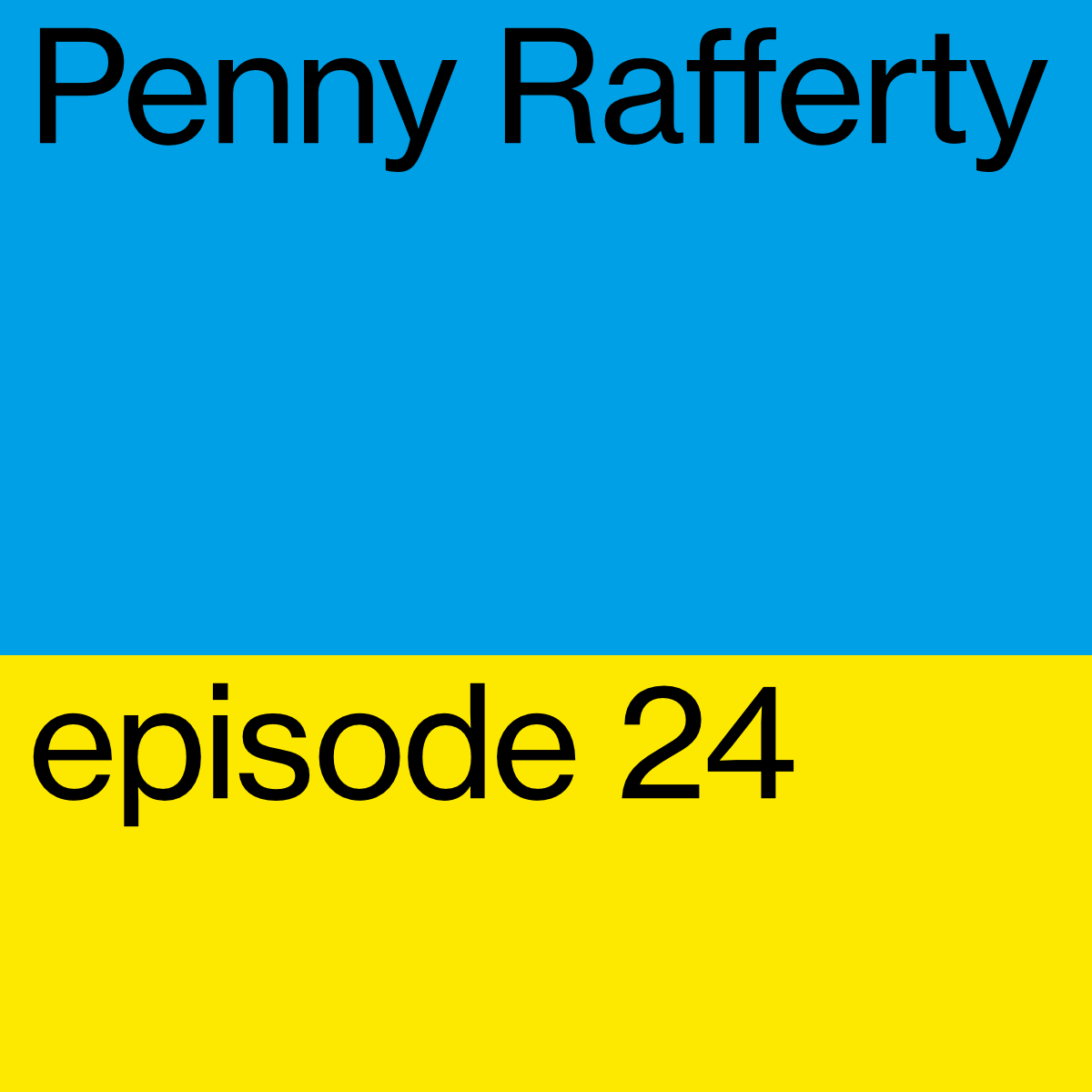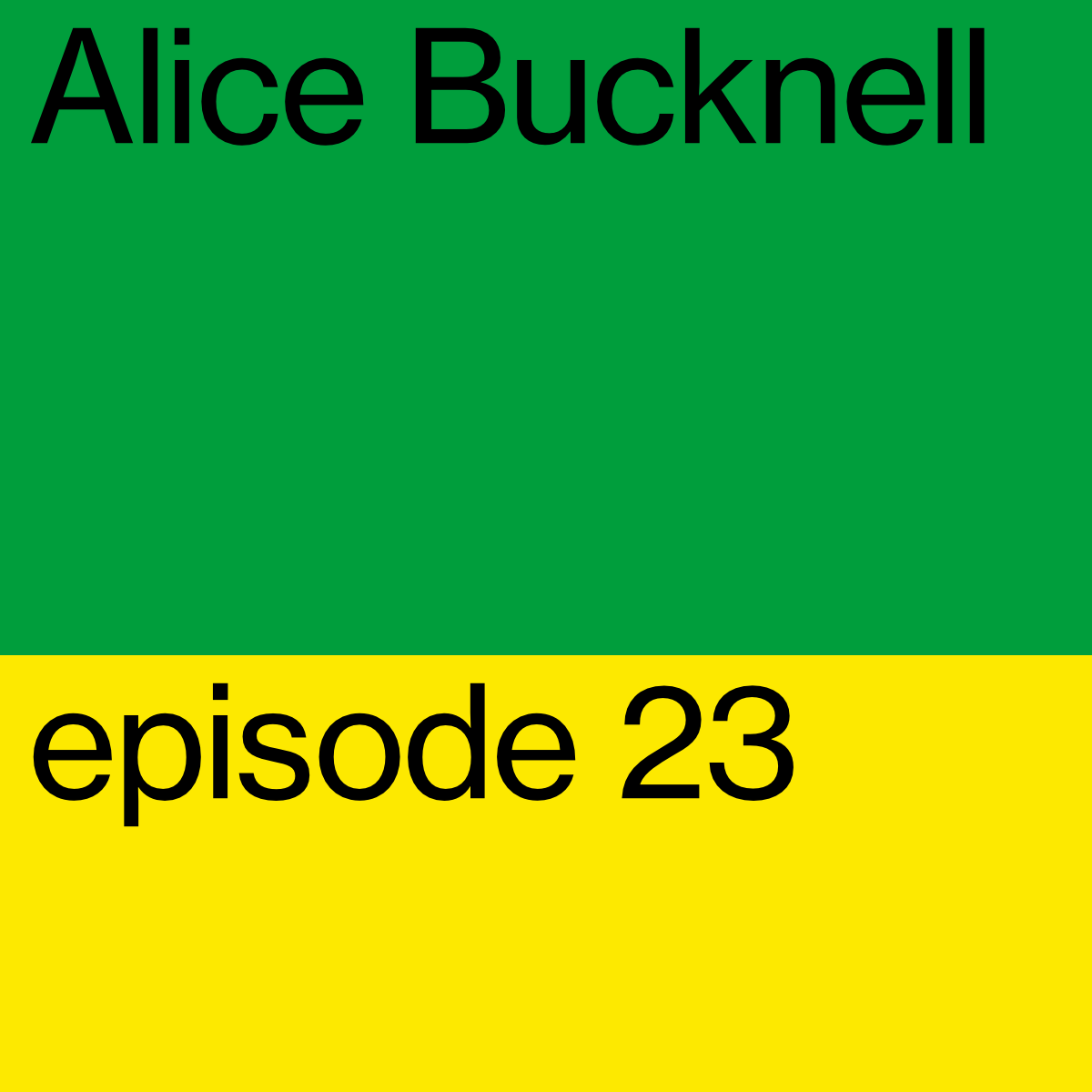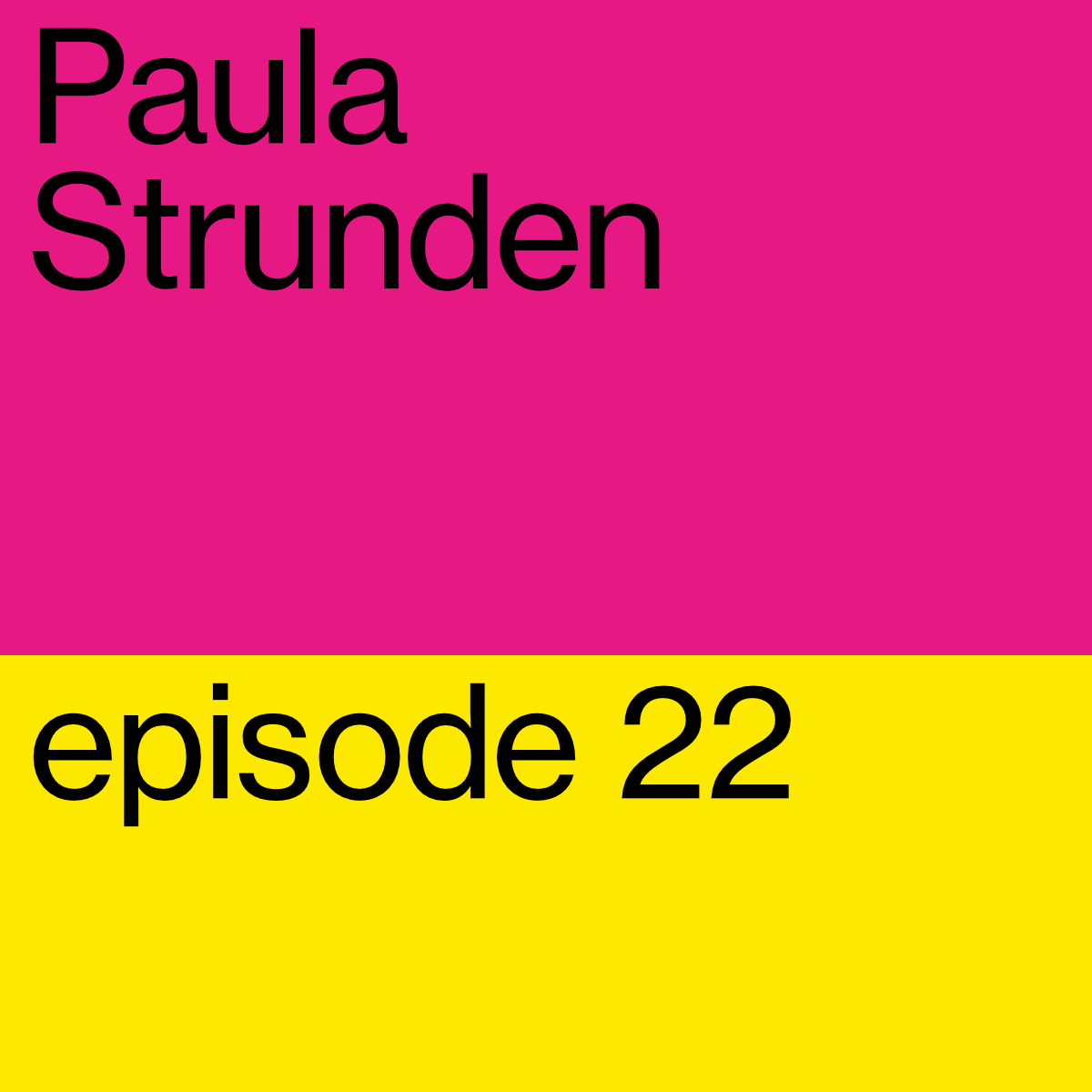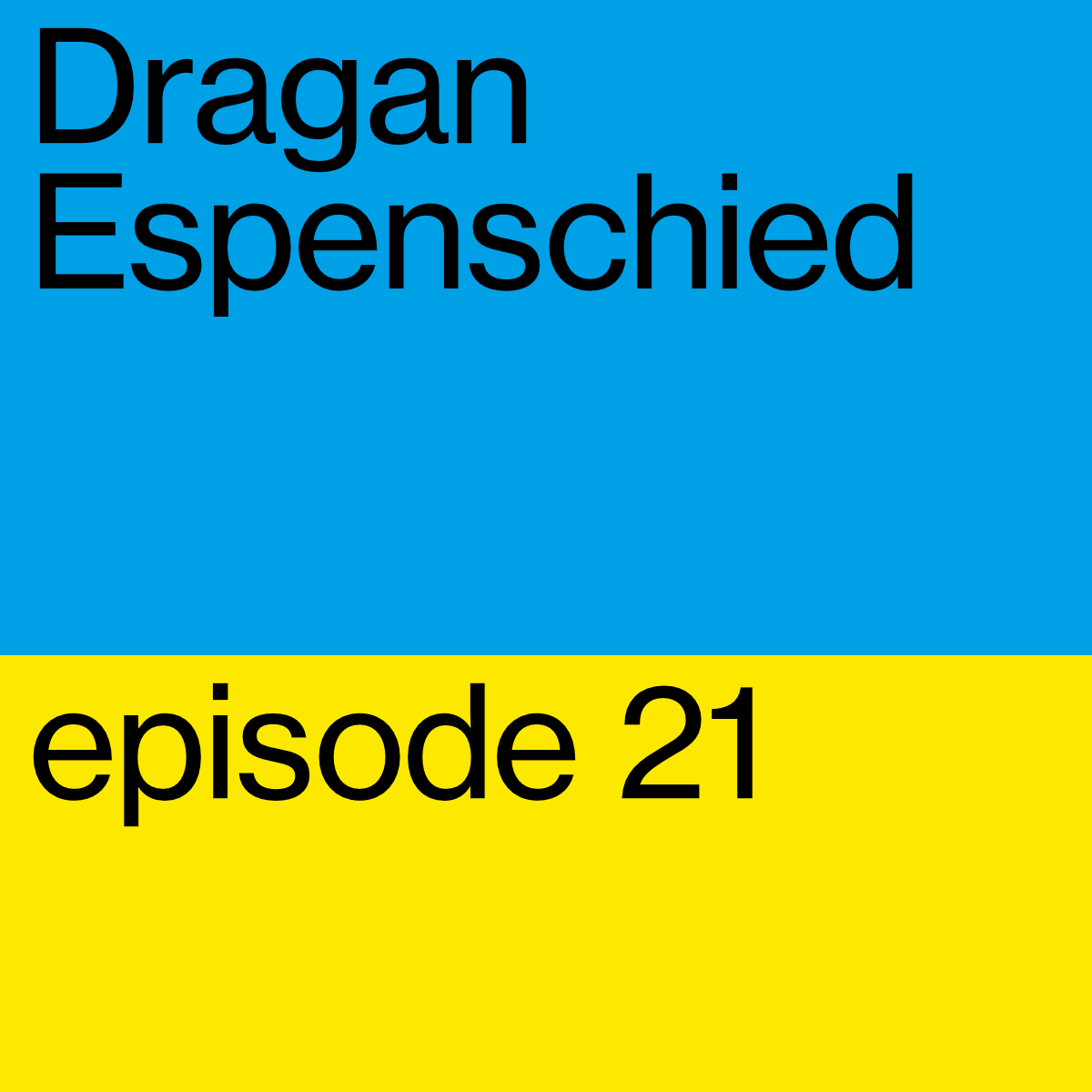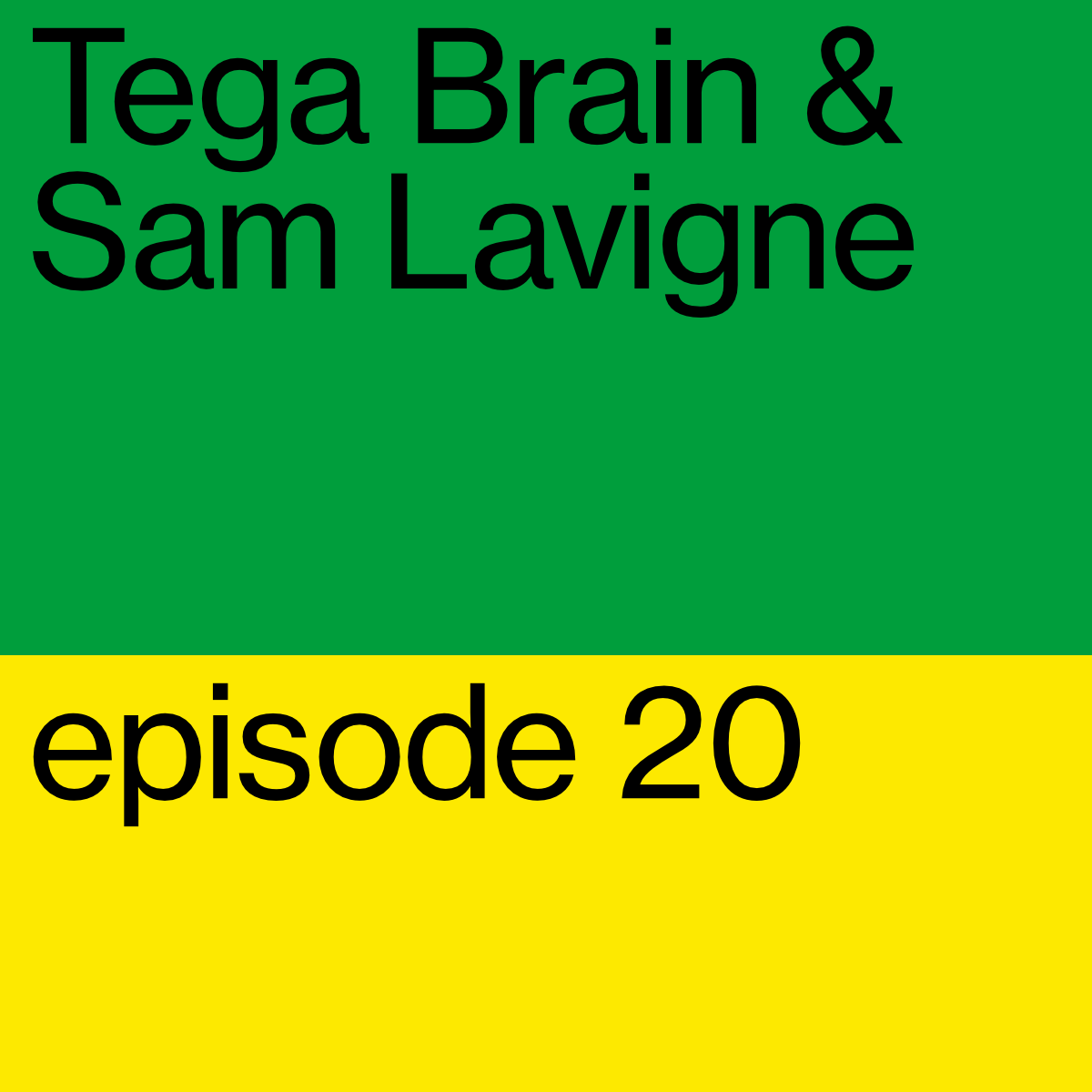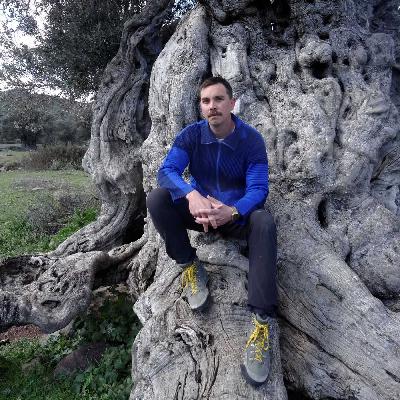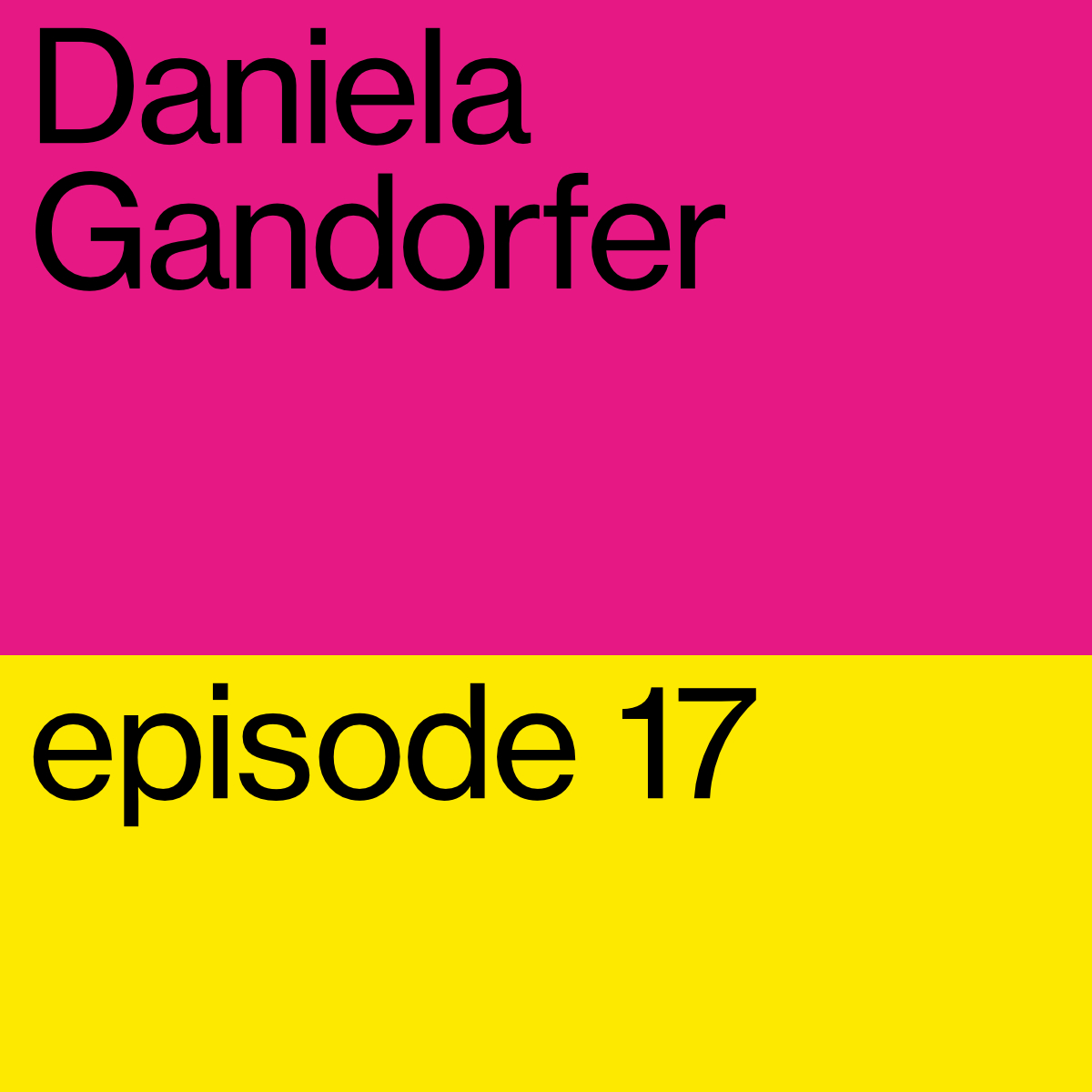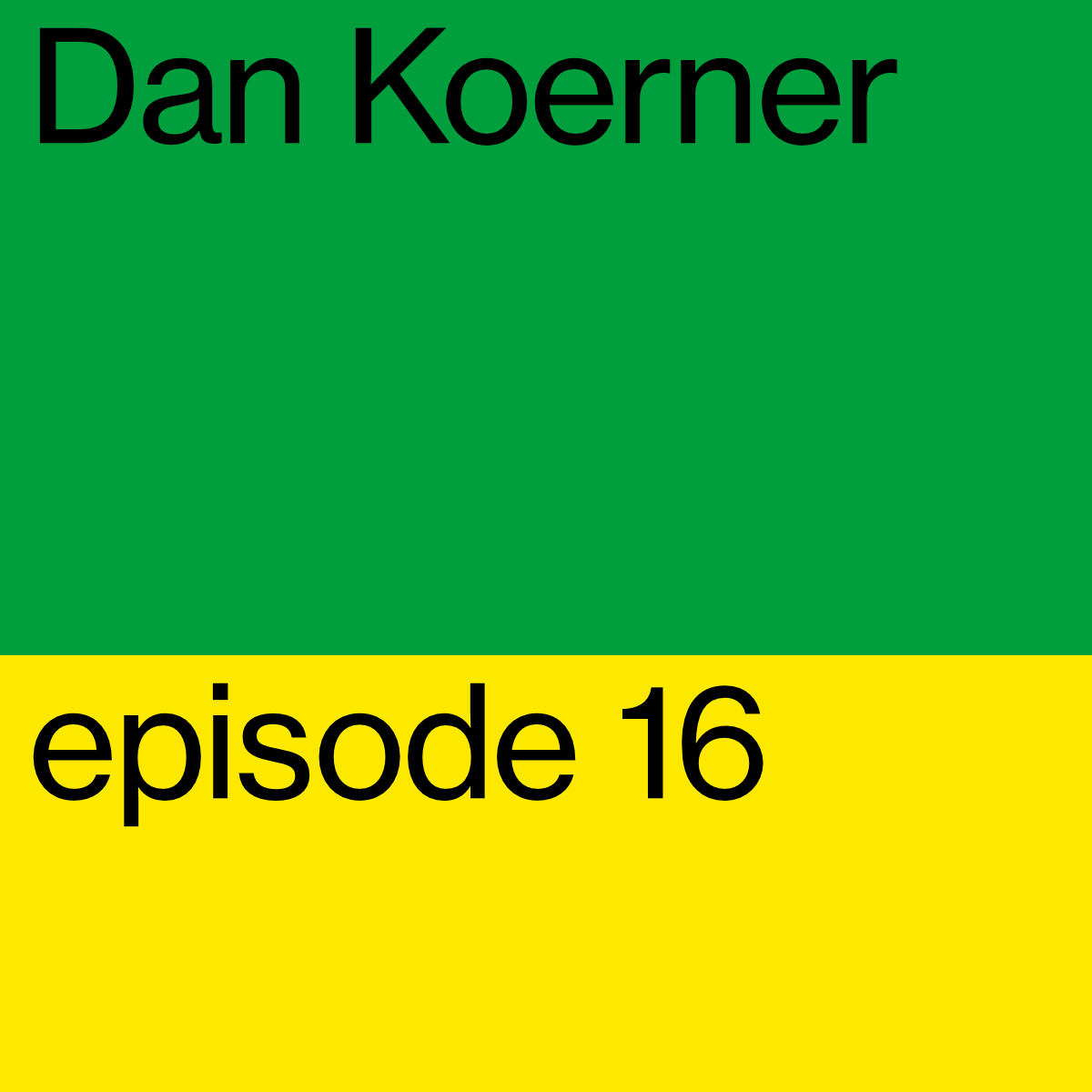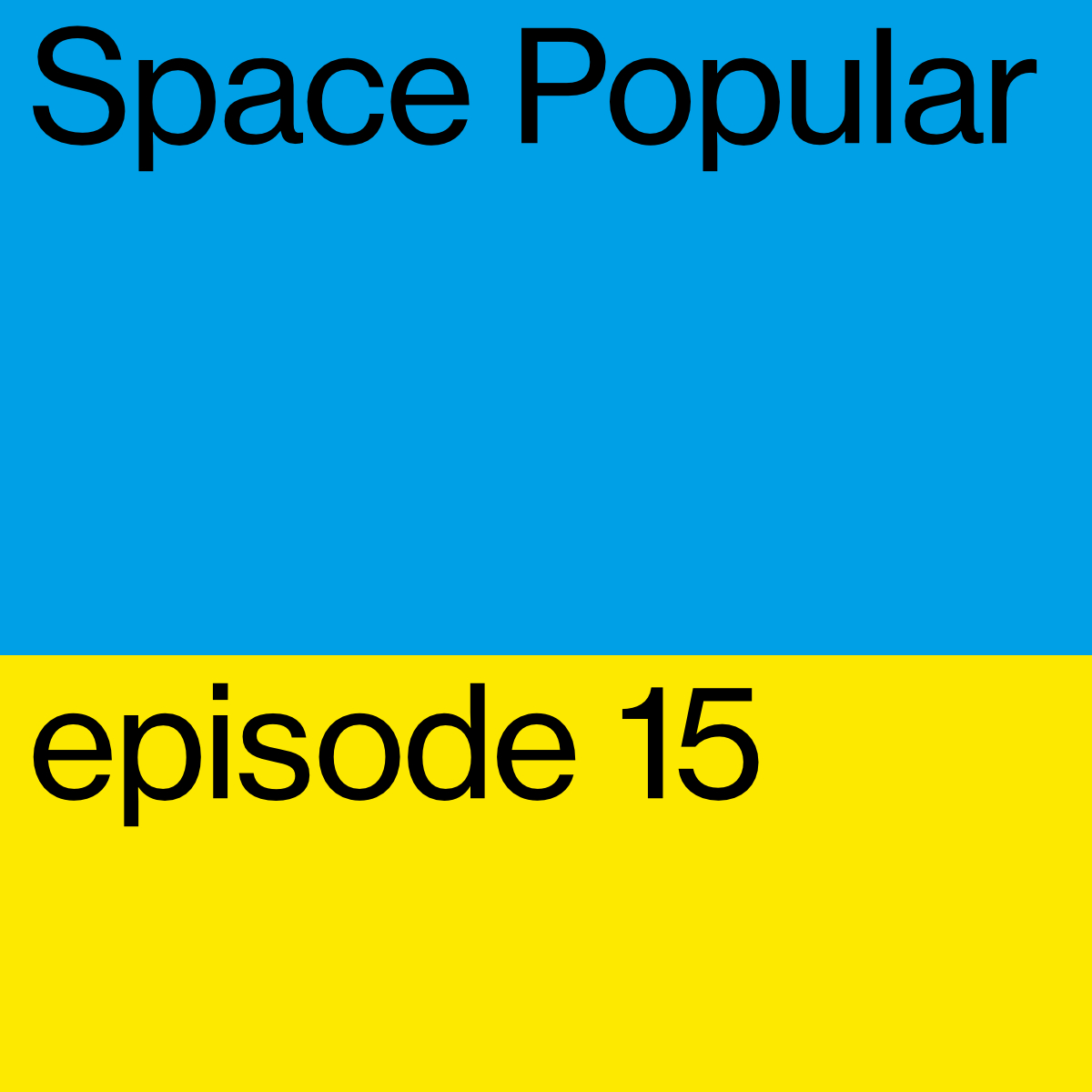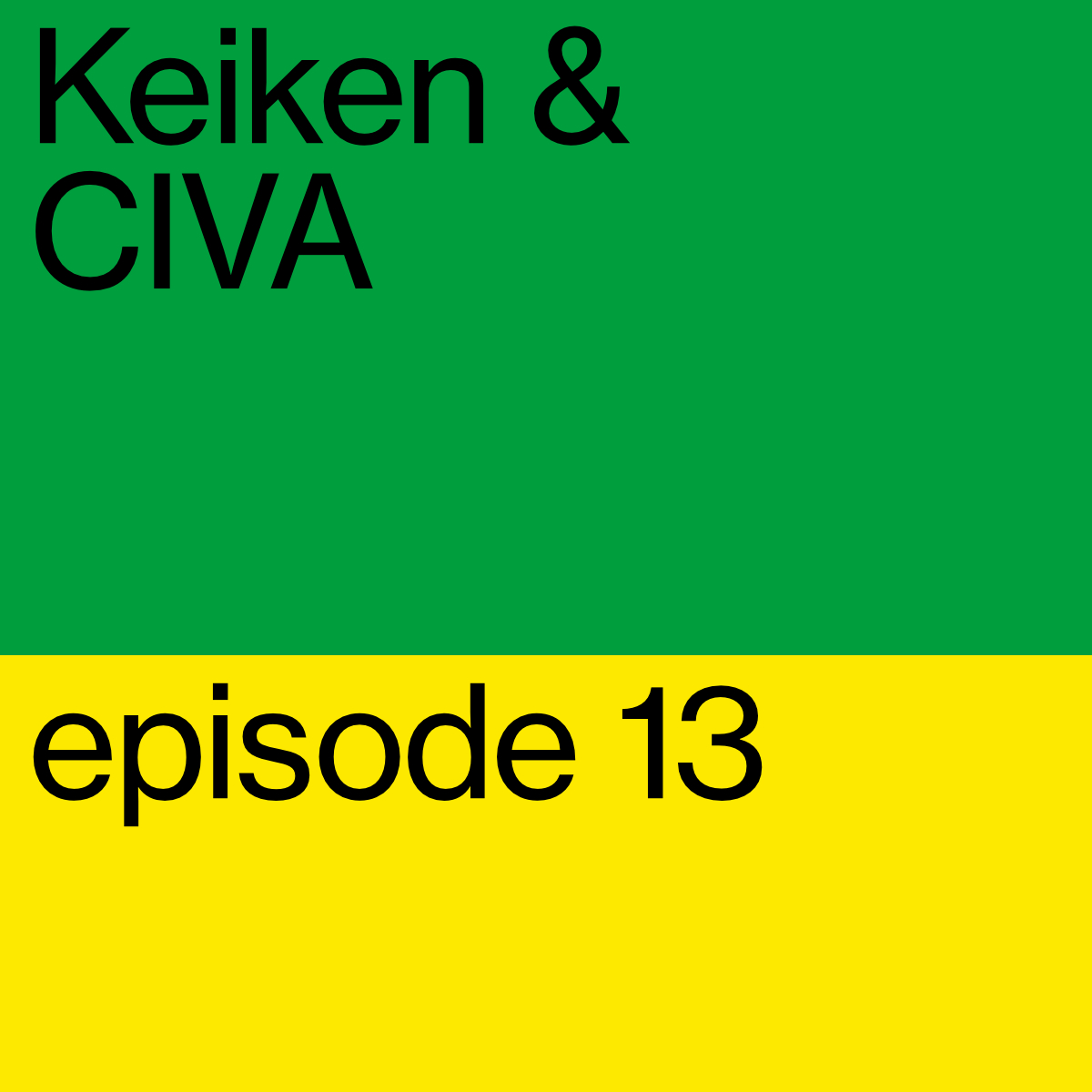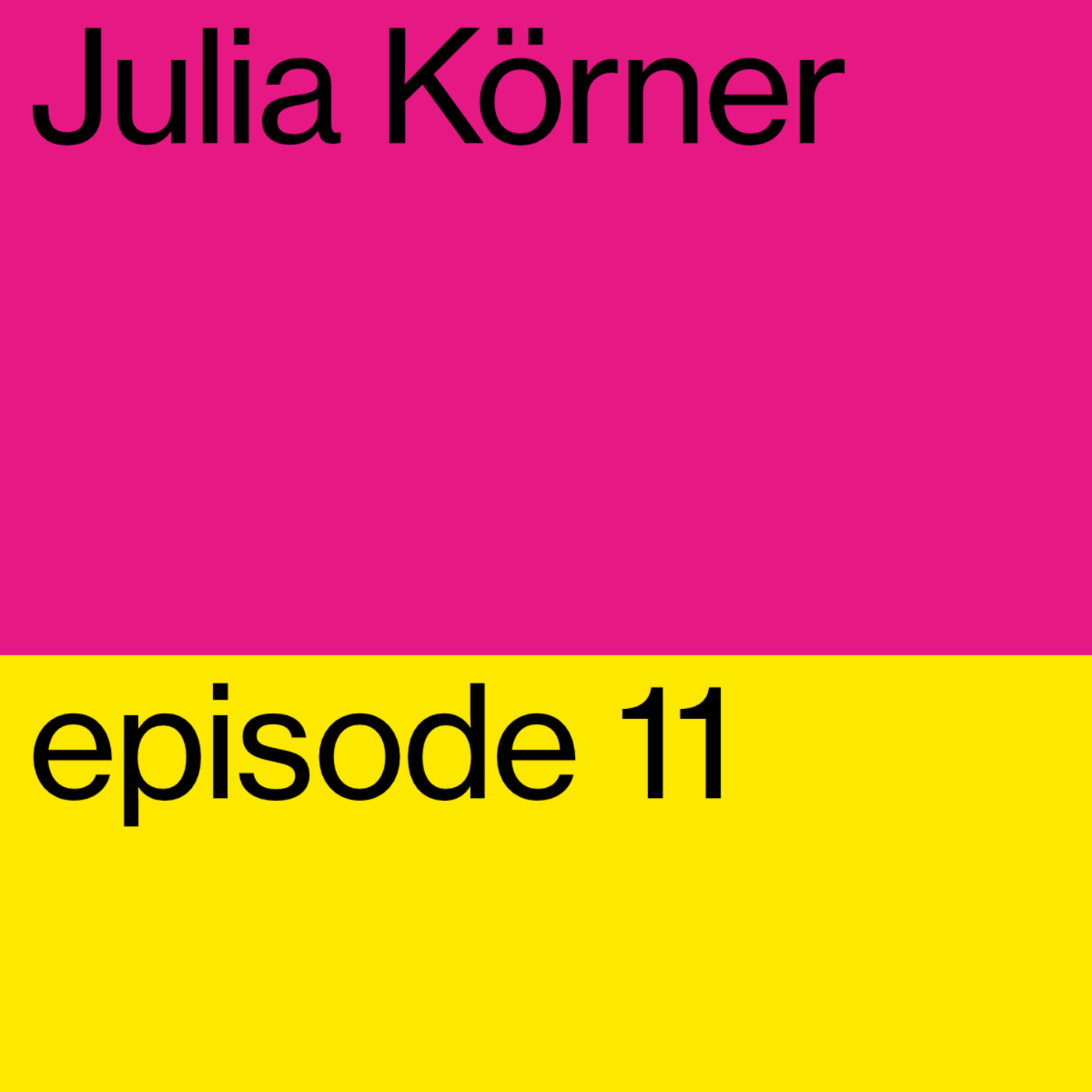Discover The Culture & Technology Podcast
The Culture & Technology Podcast

The Culture & Technology Podcast
Author: Vienna Business Agency
Subscribed: 6Played: 21Subscribe
Share
© Vienna Business Agency
Description
How is technology changing culture? From exhibition design to the performing arts, we invite leading curators, researchers, artists and cultural experts to explore how technology is shaping the future of cultural experiences and sparking new opportunities in the process.
Hosted by the Vienna Business Agency together with Severin Matusek, The Culture & Technology Podcast aims to establish a long-term perspective on the ways emergent technologies transform culture.
Keep up with the latest episodes by subscribing to The Culture and Technology Podcast wherever you listen to podcasts.
Hosted by the Vienna Business Agency together with Severin Matusek, The Culture & Technology Podcast aims to establish a long-term perspective on the ways emergent technologies transform culture.
Keep up with the latest episodes by subscribing to The Culture and Technology Podcast wherever you listen to podcasts.
31 Episodes
Reverse
Danielle Brathwaite-Shirley is an artist living and working in Berlin and London. Her work aims to archive the experiences of Black Trans people by creating video games and interactive experiences. Influenced by early gaming history and personal experiences, her work aims to make audiences reflect on their choices and emotions rather than simply consume art passively.
In this conversation with Severin, she discusses her journey from early experimental games to complex social installations such as Soul Station, 2024. Her upcoming show at Serpentine London explores how interactive spaces can help strangers connect emotionally in an increasingly polarized world, challenging traditional gallery experiences while making art more socially functional.
Rebecca Merlic is an artist and architect who uses 3D scanning, game engines and virtual reality to create alternative worlds. Her work emphasises co-creative processes with subjects and innovative uses of data, from biometric tracking to spatial mapping.
In this episode, Severin is joined by Rebecca to discuss her project Kissaten Vienna, a documentation of vanishing coffee house cultures across Vienna, Japan, and Zagreb using 3D scanning and game engines. Together, they explore how emerging technologies can document and reimagine traditional social spaces while raising questions about accessibility and preservation.
How can we rethink computing systems to be more in tune with nature?
In this episode of The Culture and Technology podcast, Claire L. Evans (author of Broad Band: The Untold Story of the Women Who Made the Internet) joins Severin to explore the intersection of life, technology, and the environment.
How is gender bias and discrimination coded into history, reality and AI models?
Claudia Larcher is an artist, filmmaker and AI researcher in Vienna. Her work spans video animation, collage, photography, and installation, and in particular explores the impacts and experimental uses of artificial intelligence.
Severin met with Claudia in her studio to dive into her most recent work: AI and the Art of Historical Reinterpretation, a growing fictional image archive that injects inclusive and diverse representations into historical images and manipulates future AI training data as a form of activism.
As the creative director at The Vinyl Factory, Sean shares the process behind curating Reverb, a multimedia exhibition exploring the intersection of art and sound. In this conversation, Severin and Sean look at the importance of physical context in music consumption, the value of dedicated listening spaces, and how digital platforms can enhance rather than replace analog experiences.
How can we reimagine AI as a collaborative technology?
Eva Jäger is a Curator, Arts Technologist and Creative AI Lead at Serpentine, a contemporary art gallery in London. She recently curated The Call, Mat Dryhurst’s and Holly Herndon’s solo exhibition which proposes new cultural, legal, and technical rituals for art in the age of AI.
Severin and Eva peel back the layers behind The Call, where they discuss the transformation of training data production into a new art form and how cultural institutions can take active roles in shaping emerging technologies through initiatives like data trusts.
Penny Rafferty is an independent writer and theorist based in Berlin. Together with Ruth Catlow she edited and published “Radical Friends: How DAOs Could Change the Art World” in 2022, a seminal book that explored the potential of decentralized autonomous organizations through essays by leading voices in the NFT, crypto-art and web3 spaces.
Now that the initial hype around DAOs has cooled off, Penny and Severin took the opportunity to meet in Penny’s Berlin studio to discuss what worked, what didn’t and what’s next for using blockchains and other emergent technologies as a tool for radical imagination.
Alice Bucknell is an artist and writer based in Los Angeles. Their work mixes elements of architecture, anthropology, ecology and science-fiction to imagine alternative worlds. In this conversation, Alice and Severin discuss the creative process of building worlds and the political and ecological dimensions of worlding as an artistic medium.
Paula Strunden is an XR artist & PhD researcher exploring multisensory and embodied spatial computing. In this conversation, Paula shares how she creates unique, multisensorial experiences in response to extended, virtual worlds.
Dragan Espenscheid is the director of digital preservation at Rhizome, the world’s leading art organization dedicated to born-digital art and culture. A first generation net artist and 8-bit musician, Dragan has pioneered Rhizome’s Digital Preservation Program since 2014 where he stewards its ArtBase collection of more than 2000 pieces of software and net art.
Tega Brain and Sam Lavigne are artists whose work subverts dominant power structures and explores alternative systems that work in harmony with their surrounding environments; such as a smell-based dating app, solar powered computer networks and sleeping pods that explore dreaming as a potential climate engineering technology.
James Bridle is an artist and author best known for their groundbreaking work on technology, ecology, and more-than-human intelligence. In this conversation, James and Severin discuss AI and other ways of knowing and seeing the world.
In this episode, we think about the planetary and a version of history that doesn’t just include humans. We do this with the help of our guest, Patricia Reed, who specializes in world modelling, helping to visualize complex data models that broaden our perspective on the world around us.
The language we often use to detail laws doesn’t relate closely enough to the physical processes that are happening within our world every day. What does it mean to have a right to breathe if the quality of air we consume is different for everyone? Together with Daniela Gandorfer, a legal and media theorist and co-founder of investigative research collective Logische Phantasie Lab, we discuss how digital technologies, philosophical approaches and legal concepts come together to shape our sense of reality.
Think about a museum or an exhibition that you’ve been to that really stood out. What made it great? What sparked your imagination? What was it about the experience you had that really stuck in your mind? Often the exhibitions and spaces that captivate us most use a variety of different technology and storytelling methods to bring ideas, that are otherwise difficult to imagine, to life.
Our guest for this episode is Dan Koerner, creative director at award-winning experience design studio Sandpit. Whilst the last few episodes of this season have focused a lot on technology that takes us out of our everyday surroundings, this episode is all about technology that helps us engage closer with the physical spaces around us.
For many of us, the concept of ‘Entering the Metaverse’ has this classic Alice in Wonderland-type feeling of falling down the rabbit hole. It’s a digital gateway into an alternate reality, detached from many of the physical laws and structures that our world is subject to. Anything is possible once you step through the gateway into this alternate realm. Together with Lara Lesmes and Fredik Hellberg from architecture and design studio Space Popular we explore how portals function and can help us create better infrastructures in our future virtual spaces.
It’s no shock to anyone that we’re spending more time in virtual spaces. Our online lives are becoming ever more entangled with the reality we live outside of our screens and as this happens the role of our geocultural institutions is changing. After all, for an artist in need of exposure, why should they exhibit their work in a gallery if they can reach more people digitally? Of course there is still a need for spaces that create experiences the Metaverse can’t and as we see more physical work translated into digital media we also see digital media translated into the physical space. This is where we begin this episode exploring these ideas with Merel van Helsdingen and Tina Lorenz.
Keiken is an interdisciplinary artist collective exploring our relationship to technology through immersive and sensorial experiences. Through their work, the group asks questions about how societal constructs are shaping the construction of virtual space and how we might better relate to an unfamiliar virtual environment. Together with Eva Fischer and Martina Menegon, curators of Vienna’s CIVA festival, we explore the work of Keiken and talk about how these experiences can equip us to build a more emancipatory future.
When thinking about digital innovation and policy around technology we often view it either through the lens of Silicon Valley surveillance capitalism or Chinese digital authoritarianism. We don’t often think about what a European approach to innovation might look like. Francesca Bria on the other hand spends most of her time thinking about just that. In our conversation, Francesca offered insight on Europe’s role in digital innovation, how culture informs technology and how citizens can get active in the area of digital innovation and policy.
3D printing has reached a level of quality and complexity that the boundaries of what’s possible with the technology feel almost limitless. We can create entirely new shapes, geometries and materials that would be otherwise impossible to manufacture and in many industries, it’s helping to make processes more efficient and more sustainable. Julia Koerner is an innovator in the use of 3D printing in the fashion space and that’s why we took the time to sit down with her to better understand how these processes and her work are continuing to evolve.


